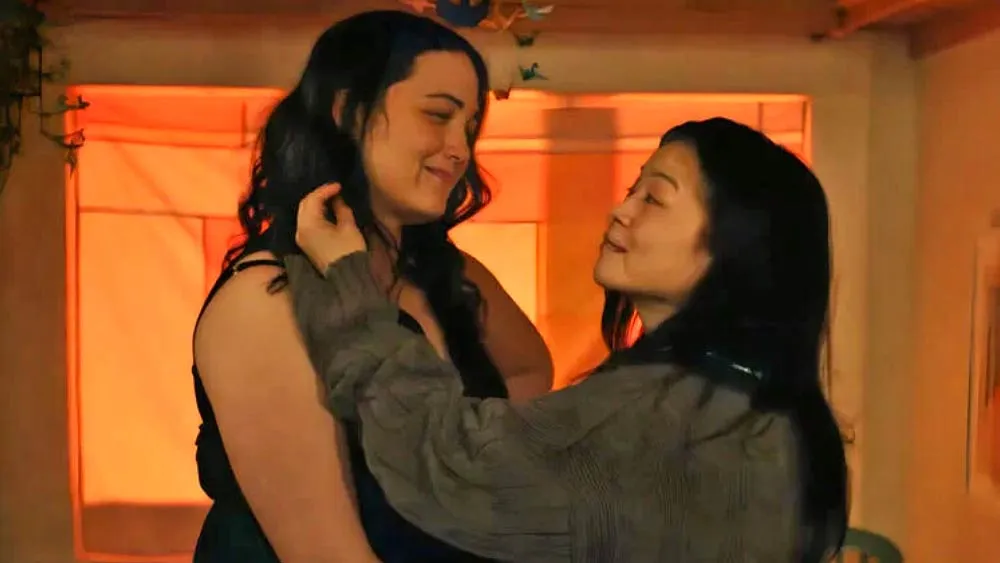June 23, 2013
Survey: Quarter of San Francisco's Homeless Identify as Gay
Bobby McGuire READ TIME: 2 MIN.
SAN FRANCISCO -- More than one-quarter of the homeless people counted in San Francisco this year identified themselves as gay, lesbian, bisexual or transgender, a proportion that surprised veteran advocates for the homeless who say that gays are overrepresented in the ranks of homeless youth and elderly.
The San Francisco Human Services Agency reported Friday that a total of 6,436 homeless people were found throughout the city on Jan. 24, when the most recent census to identify service needs was conducted. The number represented a slight drop from two years ago.
But this was the first time the agency asked the homeless about their sexual orientations. Of the 1,000 surveyed, 29 percent said they were gay, bisexual or transgender, which is about twice as high as the percentage of such residents in the city overall.
The Williams Institute, a think tank based at UCLA, estimated in 2006 that 15.4 percent of San Francisco's population is gay, lesbian, bisexual or transgender, the largest share of any city in the U.S.
Jennifer Friedenbach, executive director of the Coalition on Homelessness, told the San Francisco Chronicle that the numbers indicate the city needs more specialized shelters and other services.
"What we get from this is that homelessness is a queer issue," Friedenbach said. "And when we look at our system, it's not particularly gay-friendly."
Other advocates offered possible explanations for the large number of homeless people who identify as sexual minorities. Young people who have been kicked out of their homes or run away from less gay-friendly communities may come to San Francisco because of its reputation as a gay hotspot, Mary Howe, executive director of the Haight Ashbury Youth Alliances, told the Chronicle.
"A lot of them just want to go somewhere where they're more accepted," Howe said. "Most of them leave with very little, and they make communities out of who they meet on the street."
Dr. Margot Kushel, an associate professor of medicine at UCSF who is based at San Francisco General Hospital and studies homeless health issues, said adults in their 50s and 60s who lost their livelihoods and many close friends during the height of the AIDS epidemic also are at increased risk of homelessness.
"One of the main things that keeps anyone from winding up on the street is having a family member or friend who has the resources to take you in," Kushel said.




